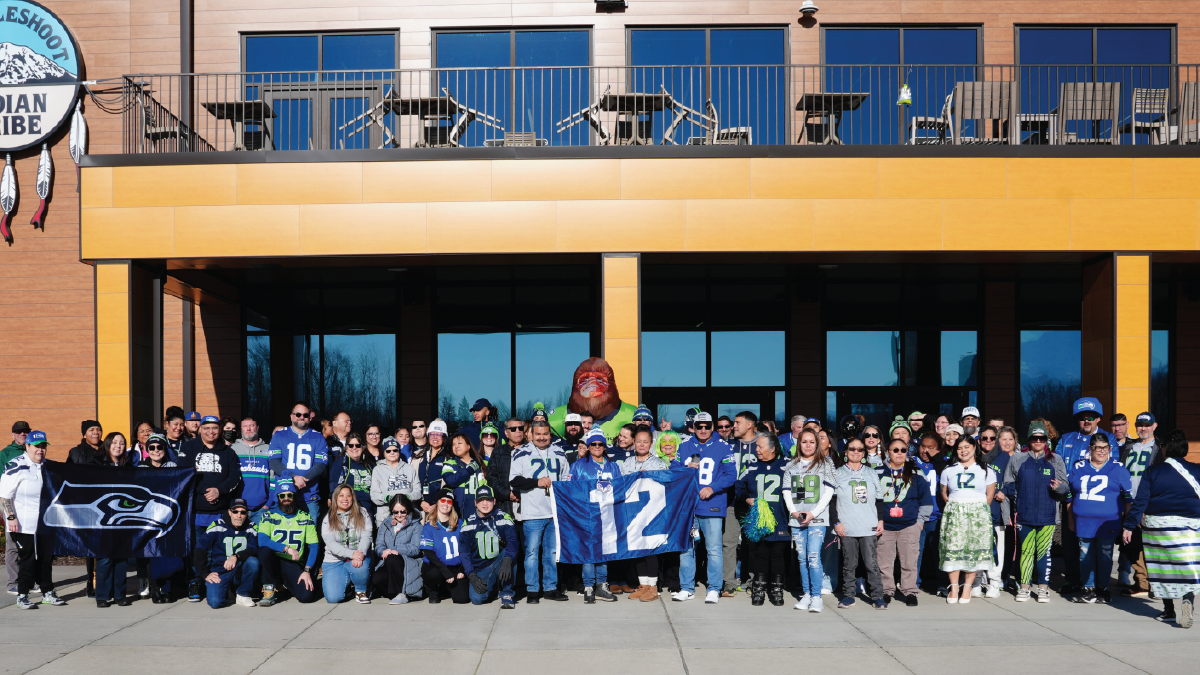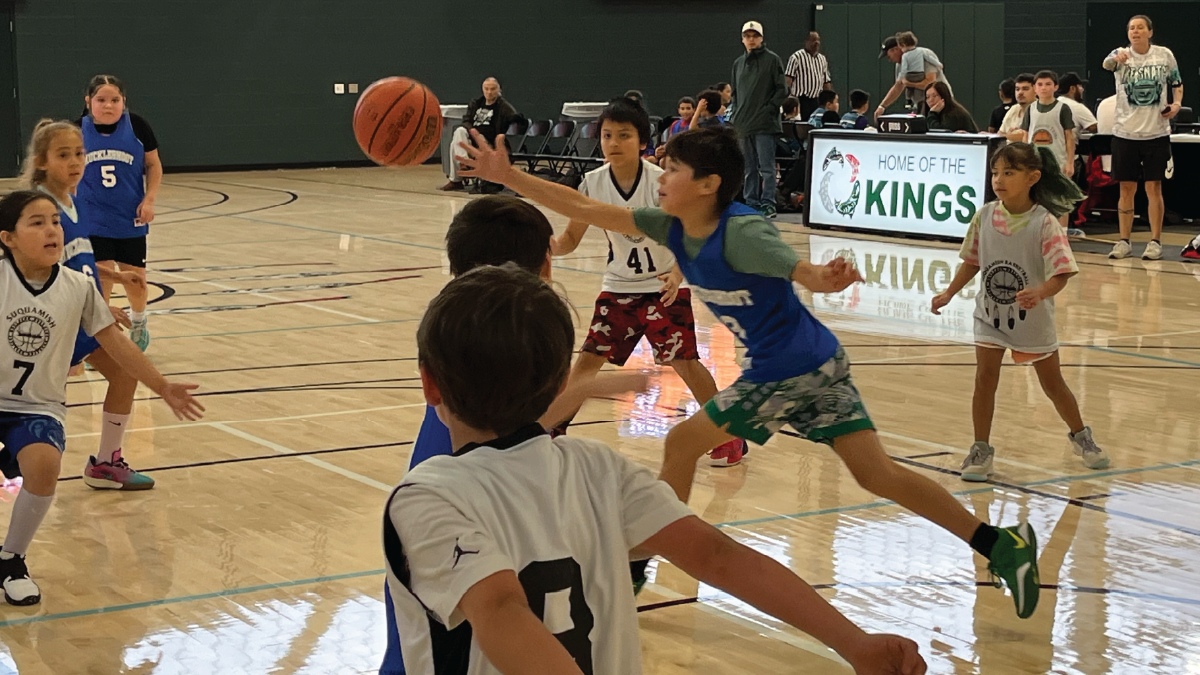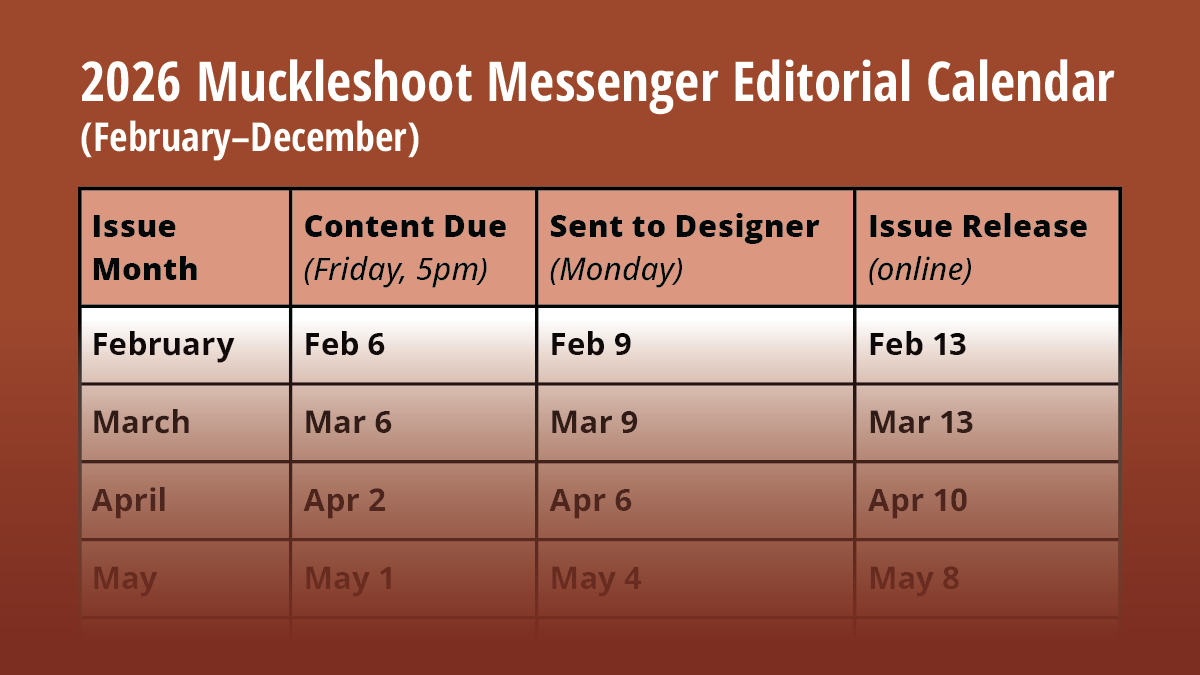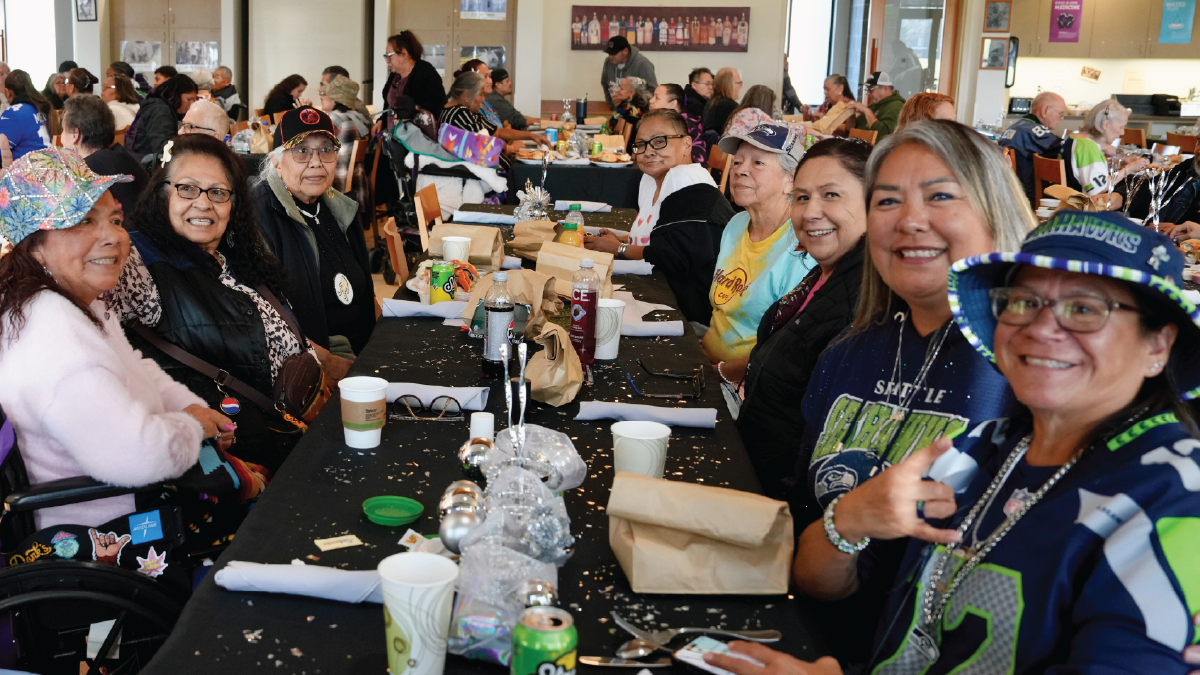
Washington DC — President Trump signed his “One Big Beautiful Bill Act” (“BBB”) into law on July 4th. This law is the President’s signature piece of legislation and contains many of his administration’s priorities. Although the bill has been heavily featured in the news the past few weeks, the foundation of the bill was set back in January when the President outlined his vision for One Big Beautiful Bill to encompass all his priorities.
The Muckleshoot Tribal Council, Muckleshoot Intergovernmental Affairs, and our D.C. team were actively engaged since the BBB’s inception in January to ensure that the Tribe’s sovereignty and treaty rights were protected in this process. The Tribal Council met continuously with our Congressional delegation and Congressional leaders to try to shape this massive piece of legislation as best as possible – or least to cause minimal harm to the Tribe.
This outreach included numerous in-person and virtual meetings, trips to DC, and phone calls as well as continuous boots on the ground on Capitol Hill. The Tribal Council was an active participant in this process and while we have concerns about the overall bill we are heartened that there are many places where the Tribe had an impact.
Originally, the bill contained provisions that would either allow or force the sale of federal lands in 11 western states including the State of Washington. The Tribal Council opposed these efforts because of the threat that it would pose to the practice of our treaty rights in ceded territories.
This is especially true when it comes to U.S. Forest Service lands. We are happy to report that the provisions authorizing and forcing the sale of federal lands were removed from the final piece of legislation thanks to the Tribe’s allies in Congress.
The BBB imposes new requirements for Medicaid participants as well as participants in the Supplemental Nutrition Assistance Program (“SNAP”). Both Medicaid and SNAP are crucial programs that help form the safety net for all our communities – both Native and non-Native.
The Tribe has concerns that some of the new requirements in the BBB will result in individuals losing access to both Medicaid and SNAP. However, the Tribal Council worked with Congressional allies to create exemptions for Tribal nations and Tribal citizens for both programs based on the unique trust obligations that the federal government has to Indian Country.
The Tribal Council remains concerned about the overall cost of the BBB to the national debt and its implementation down the road. The BBB permanently extends the 2017 tax cuts (that disproportionately benefit the wealthy) as well as increases the debt ceiling by $5 trillion. As the national debt grows, the cost of financing that debt increases. As the cost of financing the national debt increases, Congress will be under pressure to cut discretionary spending. All of Indian Country's federal funding, including allocations for the Indian Health Service, the Bureau of Indian Affairs, and the Bureau of Indian Education, and countless other programs spread across other agencies, comes from the discretionary side of the federal budget. This means that as the national debt increases, the pressure to cut discretionary spending may disproportionately harm Indian Country programs.
Tribal Council is also concerned about the BBB's treatment of funding to combat climate change previously allocated in the Inflation Reduction Act (“IRA”). The BBB rescinds unobligated funding from the Environmental and Climate Justice Block Grants. It also phases out tax credits for clean electricity production and clean energy investments under the IRA. These were valuable tools as the nation looks to unleash reliable, dispatchable, and innovative renewable American energy.
There are short-term tax benefits for many workers within this law. The BBB eliminates federal taxation on overtime pay as well as on tips. The federal tax deduction on overtime is capped at $12,500 and the deduction on tipped earnings is $25,000. Both caps decrease as income increases. These short-term tax benefits expire in 2028. Similarly, seniors will be eligible for a temporary tax deduction of $6,000, which also expires in 2028.
Finally, the BBB will allocate an additional $150 billion in defense spending and military-related investments such as shipbuilding, munitions, nuclear deterrence, Coast Guard improvements, and artificial intelligence. It also includes $170 billion for border security creating the potential capacity to deport up to one million people per year. The BBB significantly increases funding for Immigration and Customs Enforcement (“ICE”) from $10 billion to more than $100 billion by 2029, making it the most heavily funded law enforcement agency in the federal government.
The Tribal Council heard from many of you in the community about your concerns surrounding the BBB and the policies that it advances. The Tribal Council worked hard to bring those concerns to our federal partners, identified opportunities to improve the BBB, and successfully eliminated provisions that would have detrimentally harmed the Tribe’s sovereignty, or at minimum, mitigated its impact on the Tribe. This is not a perfect bill and we still have concerns about its cost, policies, and implementation. We will continue to work with our Congressional allies and the Trump Administration to protect the Tribe’s sovereign interest and treaty rights.

The last few Fridays of the season brought Muckleshoot employees out dressed in their best Seahawks gear for a group photo to show that the 12’s spirit runs deep.

The two core components of the 7th annual Salmon Jam tournament are teaching kids the dangers of smoking cigarettes and vaping, and empathy for others.

We love hearing from our community. To help us share stories in a timely and organized way, all content for the Muckleshoot Messenger is due by 5pm on the first Friday of each month.

Elders from the Muckleshoot Indian Tribe and their loved ones gathered together on Jan 16 at the Elders complex to celebrate the New Year. The gathering was a joyful and welcoming community celebration.
The Muckleshoot Messenger is a monthly Tribal publication. Tribal community members and Tribal employees are welcome to submit items to the newspaper such as announcements, birth news, birthday shoutouts, community highlights, and more. We want to hear from you!